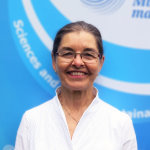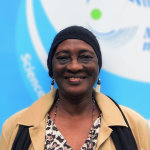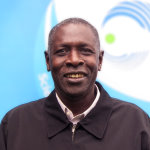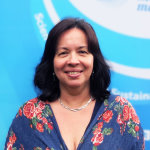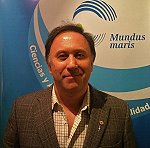Mundus maris – Sciences and Arts for Sustainability asbl
Our mission
To provide scientific and relevant indigenous knowledge and encourage artistic expression about the sea in order to promote its restoration, conservation and sustainable use, to further the study, understanding and respect of aquatic ecosystems and associated biological and cultural diversity.
See the recent monthly newsletters and annual reports below with links to our activities.
Who we are?
We are scientists, artists, school teachers, concerned parents from different regions of the world, joining forces to promote transitions towards sustainability values and practices as well as human and dignified lives.
The objectives of the Initiative
- To make accessible to non-specialists scientifically validated knowledge [including ‘ethno-scientific’ knowledge] in ways that facilitate critical engagement and encourage active use of such knowledge for the transition towards sustainability.
- To encourage artistic expression in response to scientific knowledge reflecting diverse ways of ‘knowing’ and articulating such knowledge.
- To enable social networking and appropriation of knowledge for understanding marine and coastal ecosystems on one hand and marine cultures on the other.
- To support the development of international cooperation among schools and other entities centered on education, acquisition, valuation and sharing of knowledge and associated activities.
- To encourage the development of didactic tools for education and self-training.
- To provide a repository for accumulating and sharing information, knowledge and experience about initiatives and activities in the public domain.
- To give exposure to works of students and other people involved with the pursuit of knowledge of the sea through exhibitions and other forms of audio-visual and written expression.
- To encourage and promote the valuation of fishing communities’ social capital and cultural heritage in pursuit of sustainable relations with the sea and the coast, including through exhibitions and other forms of communication.
Approaches to implementation
- To extract relevant information from the best available scientific sources and make it accessible particularly to young people and students
- To promote a better valuation of indigenous knowledge in the pursuit of the transition towards sustainability by encouraging active collaboration between researcher, artists, teachers, students and local communities, including through publications and other communication supports;
- To encourage young people’s own research on the fisheries crisis and environmental and social challenges constituted by the degradation of oceans and coasts;
- To encourage and support schools to enhance their role as platforms for greater collective awareness of the next generations of the importance of safeguarding biodiversity and cultural diversity;
- To promote a scientific culture of the sea and oceans, including introduction of integrated courses with strong environmental and social orientation in school programmes;
- To engage scientists and artists in continuously updating the information and experience and sharing their knowledge and insights with young people;
- To help develop international cooperation among schools – students and teachers as well as scientists and artists;
- To document and share the developments in cooperation, lessons and results;
- To provide a discussion forum on people and the sea;
- To use different art forms as means of expression;
- To make use of modern IT to accumulate and share information and experience;
- To contribute to social networking around topics associated with healthy oceans, coasts, their biodiversity and ecosystems as well as associated human cultures and societies;
- To contribute to curriculum development;
- To encourage and engage in advocacy and activities in support of healthy seas and societies;
- To mobilise funding for collaborations in pursuit of the Initiative.
Mundus maris is a non-profit with international membership registered since 2010 in Brussels, Belgium: 0830328314
The statutes are available here
Bank details: Belfius Bank, Avenue de Tervueren 255 – 1150 Woluwe-Saint-Pierre, Brussels, Belgium, beneficiary: Mundus maris asbl
| IBAN: | BE54 | 0688 | 9178 | 6297 | BIC: | GKCCBEBB |

